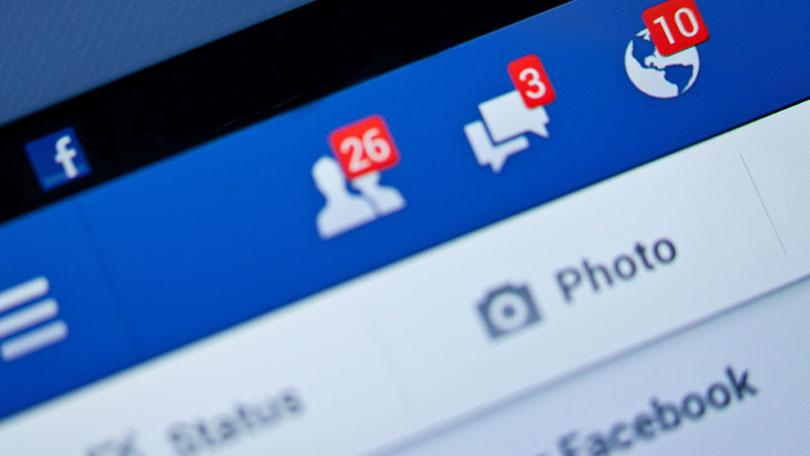If we're friends or acquainted IRL, you may have noticed that I'm active on the gram, Twitter, and my public artist page on Facebook. Recently, some of my friends have mentioned that they haven't been able to invite me to events and sometimes I get messages from friends in my artist page inbox.
Yes, my personal account is deactivated. I am enjoying it a lot more than I thought I would! This past fall, I felt personally burnt out and overstimulated by constantly promoting the show for a residency I had-always inviting my friends virtually, constantly checking who had interacted with my posts, and keeping up an energetic tone with all the moving pieces I was holding in my creative life. I was also overwhelmed and indecisive about the high volume of event invitations, as most of my friends are curators and creatives in their own right. I know hundreds of people who have events worthy of support and celebration, and it's not feasible to be physically present for each one.
Last December, I went to a workshop facilitated by Andrew Simonet and Anna Drozdowski called Un/Distracted: Making Art in the Age of Interruption. Entering the workshop, we were challenged to seal our powered off smartphones in a mailing envelope and see how long we could go without returning to our phone. I turned my smartphone back on when I returned home at the end of the night to set an alarm for the next day. I also made the decision to deactivate my personal Facebook account 24 hours later.
The workshop generated discussion among its participants around managing our digital lives as artists while still carving out time for our art. We addressed things like responding to a high volume of emails and the distinction between personal and project related content on social media. We reflected on how much time we ideally wanted to spend creating our art and the incremental changes it takes to carve out space in our schedules to meet creative goals.
Here are some of my takeaways and questions that have informed how I manage my own digital life:
- As artists, our attention is one of the most important assets we have.
- Digital innovators have designed social media and apps to be addictive, and that's not always a good thing. See "Our Minds Can Be Hijacked" and "The Scientists Who Make Apps Addictive"
- Digital platforms like email and social media, when used strategically, are fantastic tools to communicate about the art.
- In every act of communication we should feel more like ourselves.
- Strategic planning is knowing yourself.
- Choose a block of time to respond to emails.
- When appropriate, include an email signature that details your availability.
- Designate a block of time in the work week to respond to emails.
- How does digital communication help me reach my artistic goals?
- How do I allocate my attention?
If you're feeling similarly overwhelmed by having Facebook in your life for the past 10+ years (?!), here are some reasons from my experience why I would recommend an indefinite break from the platform:
I am more focused.
I have been off Facebook for almost 4 months and it has been a wonderful breath of fresh air. I encounter less digital distractions, less clickbait, and no witnessing of reactive debates with strangers or acquaintances I’ve lost touch with.
I am more direct with relationships I want to cultivate.
I feel more connected with my friends and more present in my social life. My world is full of offline intentionality-I’m still in touch with the people I care about the most. I find in person time and phone calls to be the best way to be in touch. Personal invitations always have and always will resonate the most.
I am still just as social, if not more so.
A common reason people don't deactivate, IMO, is FOMO. I felt comfortable deactivating because I knew I would get event announcements in my email and directly from my friends. I couldn't, and can't check everything I’m tagged in. I might not have the capacity to be asked to do or show up to more. I might not reactivate my account again. For now, I like Facebook as a tool to correspond about my art.
And finally, to be a better artist and a more balanced person.
And that starts with making the time and cultivating my personal and creative vision for my work in the world.

